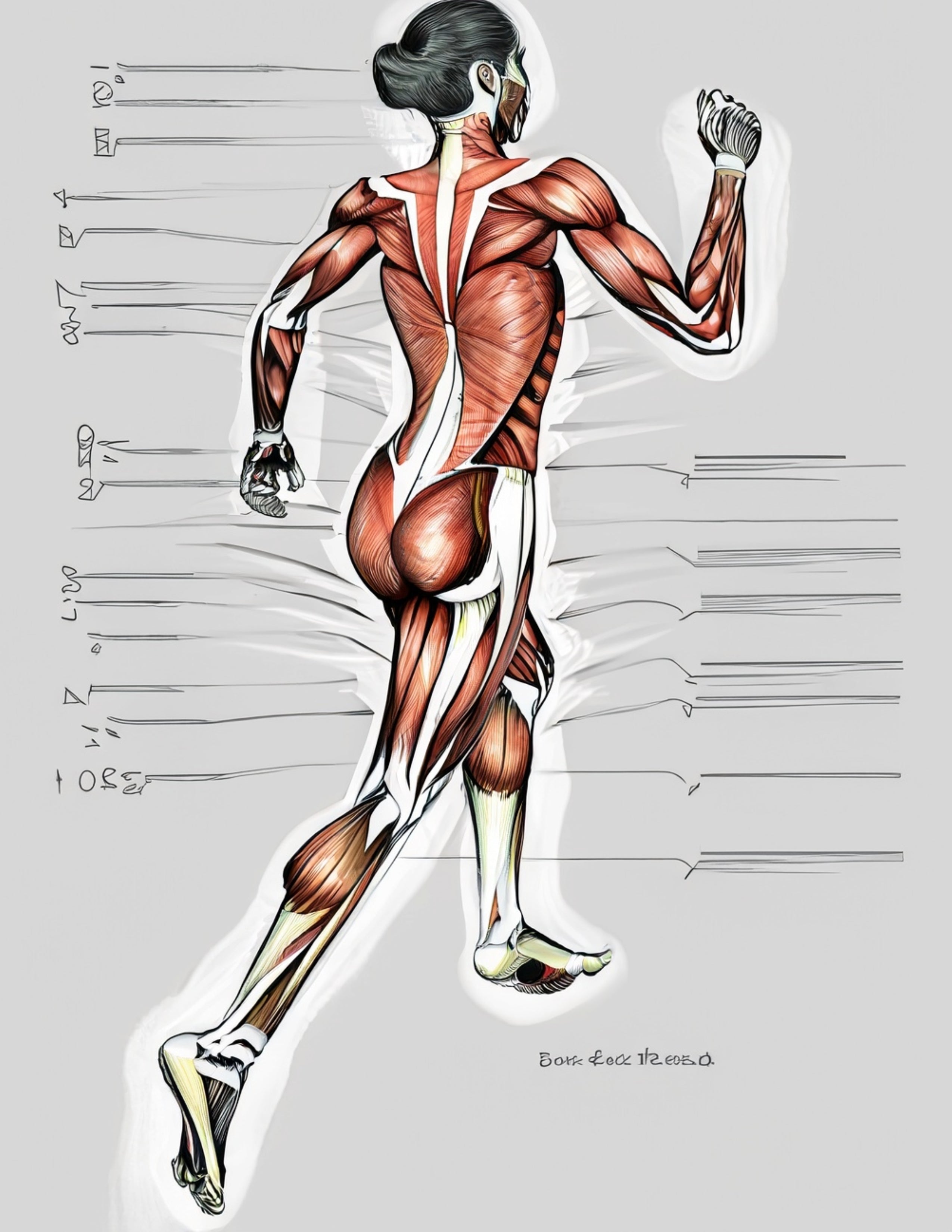As the 2024 Los Angeles Marathon draws near, the excitement among the running community is contagious and inspiring. With just two months to go, if you are one of the thousands setting out to conquer 26.2 in LA this year then these tips are for you ~ it's important to focus on a training plan that's holistic.... encompassing not only the miles you'll log but also the nutrition that fuels you and the rest that rebuilds you. Here's your comprehensive guide to getting marathon ready for one of the most scenic runs through the heart of Los Angeles.
Training Tips
#1 - Finding the Right Gear
Everyone has unique feet and running styles. Finding the perfect gear combination that works for you to keep you aligned and properly supported as a runner is extremely important. Find the proper gear for YOUR feet before you hit the pavement. (Our stores are set up to analyze you and ensure that your feet are in the right gear for you.)
#2 - Build Gradually
Focus on a training plan that increases mileage gradually. A sudden increase can lead to injury, so aim for a 10% mileage increase per week. Incorporate long runs to accustom your body to the endurance needed, but remember that your longest run doesn't need to exceed 20-22 miles.
#3 - Variety is Key
Vary your workouts to include intervals, tempo runs and easy days. Intervals help improve speed and efficiency, tempo runs build stamina, and easy days allow for recovery. Don't forget to include hills; they're your unsung heroes that build strength and grit.
#4 - Listen to Your Body
Pay Attention to what your body's telling you. Rest if you feel an unusual pain or exhaustion. Overtraining can set you back more than taking an extra day off when needed.
#5 - Simulate Race Conditions
Try to mimic the race day conditions during your training runs. Starting runs at the same time as the marathon's start time can be beneficial. Also, check out the LA Marathon's course map and incorporate similar terrain into your practice runs.
Nutrition Advice
Carbs are your main fuel source. As you ramp up training, so should your carb intake. Whole grains, fruits, vegetables and legumes are excellent choices if you are looking to load up on quality carbohydrates.
Don't neglect proteins and fats. Lean proteins help repair and build muscle tissue, while healthy fats are essential for long-term energy. Think grilled chicken, tofu, fish, avocados, nuts and seeds.
Hydration is Non-Negotiable
Water is just as important as food. Hydrate throughout the day, and practice drinking on your runs so your body is prepared to take in fluids on race day.
Practice Your Race Day Meal
Experiment with pre-run meals to see what sits best with you. Once you find the meal that works, stick with it, especially on race day.
Rest is Crucial
Aim for 7-9 hours of sleep per night. Your body rebuilds itself during sleep, so make it a priority. Also, take recovery seriously! Incorporate complete rest days into your training schedule. These are important so that your muscles can recover and strengthen.
Taper or reduce your mileage in the weeks leading up to the marathon. This allows your body to recover from accumulated fatigue and be fully rested and in prime condition on race day.
Running a marathon is as much a mental challenge as a physical one. Practice mindfulness or yoga to keep your mental game strong and focused.
Remember, training for a marathon is a personal journey. Customize these tips to what works best for your body and life. Whether it is your first marathon or your tenth, your dedication to training, nutrition and rest will pay off and ensure you make it across that finish line.
Stay focused, fuel smart and rest well. Good Luck Runners!






